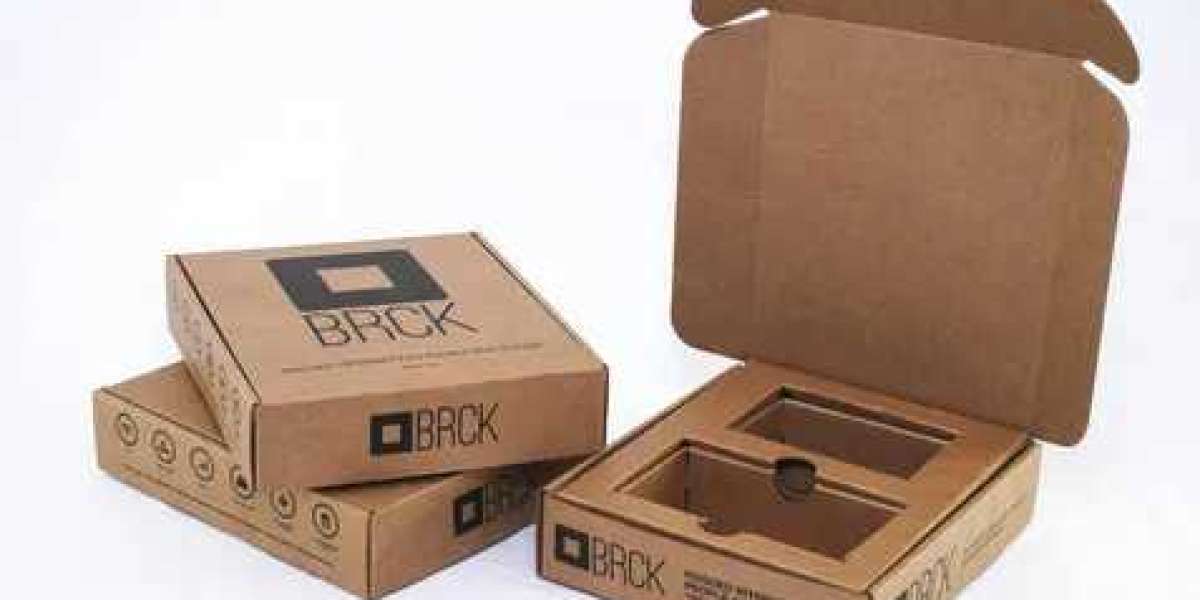How to Find the Right Eating Disorder Therapist: A Comprehensive Guide
In today’s world, where the ideal body image is often celebrated, many people find themselves struggling with eating disorders. These complex conditions, characterized by severe and persistent disturbances in eating behaviors and related distressing thoughts and emotions, can have devastating effects on both physical and mental health. Recognizing the need for professional help is a critical step, and finding the right eating disorder therapist is paramount to a successful recovery. This article will guide you through the process of finding an effective therapist who can help navigate the complexities of eating disorders.
Understanding Eating Disorder Therapist
Eating disorders, including anorexia nervosa, bulimia nervosa, and binge eating disorder, are serious mental health conditions that require professional treatment. Each disorder has its own unique symptoms, but common among them are an obsession with food, body weight, and shape. These disorders can lead to severe physical health problems and even life-threatening conditions if left untreated.
The Role of an Eating Disorder Specialist
Eating disorder therapists are trained professionals who specialize in assessing, diagnosing, and treating eating disorders. They use a variety of therapeutic approaches to help patients understand the root causes of their disorder, develop healthier eating habits, and improve their body image and self-esteem. The right therapist can provide the support and guidance needed to overcome an eating disorder and can be instrumental in helping individuals reclaim their health and happiness.
Qualifications and Specialties
When searching for an eating disorder therapist, it’s essential to consider their qualifications and areas of specialty. Ideally, the therapist should have a robust background in psychology or mental health counseling, with additional training or certification in eating disorders. Many effective therapists are members of professional organizations such as the National Eating Disorders Association (NEDA) or the International Association of Eating Disorders Professionals (IAEDP).
Finding the Right Therapist
1. Research Online
Start by researching therapists who specialize in eating disorders in your area. Websites like Psychology Today, TherapyTribe, or Healthgrades can provide listings of therapists along with their qualifications, specialties, and reviews from other patients.
2. Check Credentials
Once you have a list of potential therapists, verify their credentials. Ensure they are licensed to practice in your state and check if they have any additional certifications in eating disorders.
3. Consider the Approach
Different therapists use different therapeutic approaches. Some common methods include cognitive-behavioral therapy (CBT), interpersonal therapy (IPT), and dialectical behavior therapy (DBT). It’s important to understand which approach might best suit your needs and preferences.
4. Schedule Consultations
Many therapists offer initial consultations, which can be a great way to determine if their style and approach are a good fit for you. Use this time to ask about their experience with eating disorders, their treatment philosophy, and what you can expect from the therapy sessions.
5. Evaluate Comfort and Compatibility
The therapeutic relationship plays a critical role in the effectiveness of therapy. Choose a therapist with whom you feel comfortable discussing personal issues and who seems genuinely interested in helping you recover.
What to Expect in Therapy
Eating disorder therapy can be challenging and emotionally draining, but it is also incredibly rewarding. During therapy, you will work with your therapist to identify and change dysfunctional eating patterns and behaviors. This may involve:
- Identifying triggers that lead to disordered eating behaviors.
- Developing coping strategies to deal with these triggers.
- Addressing underlying issues such as low self-esteem, anxiety, or depression.
- Setting realistic goals for recovery and working systematically towards achieving them.
Support Beyond Therapy
Recovery from an eating disorder is a journey that often requires additional support beyond individual therapy. Consider joining support groups, either in-person or online, where you can connect with others who are facing similar challenges. Additionally, involving family and friends in your recovery process can provide crucial emotional support.
Conclusion
Finding the right eating disorder therapist is a vital step in the journey to recovery. It requires careful consideration of the therapist’s qualifications, approach, and compatibility with your needs. Remember, the right therapist not only provides treatment but also empowers you to rediscover a healthier relationship with food and yourself. With the right support, recovery from an eating disorder is not just possible; it's achievable.







